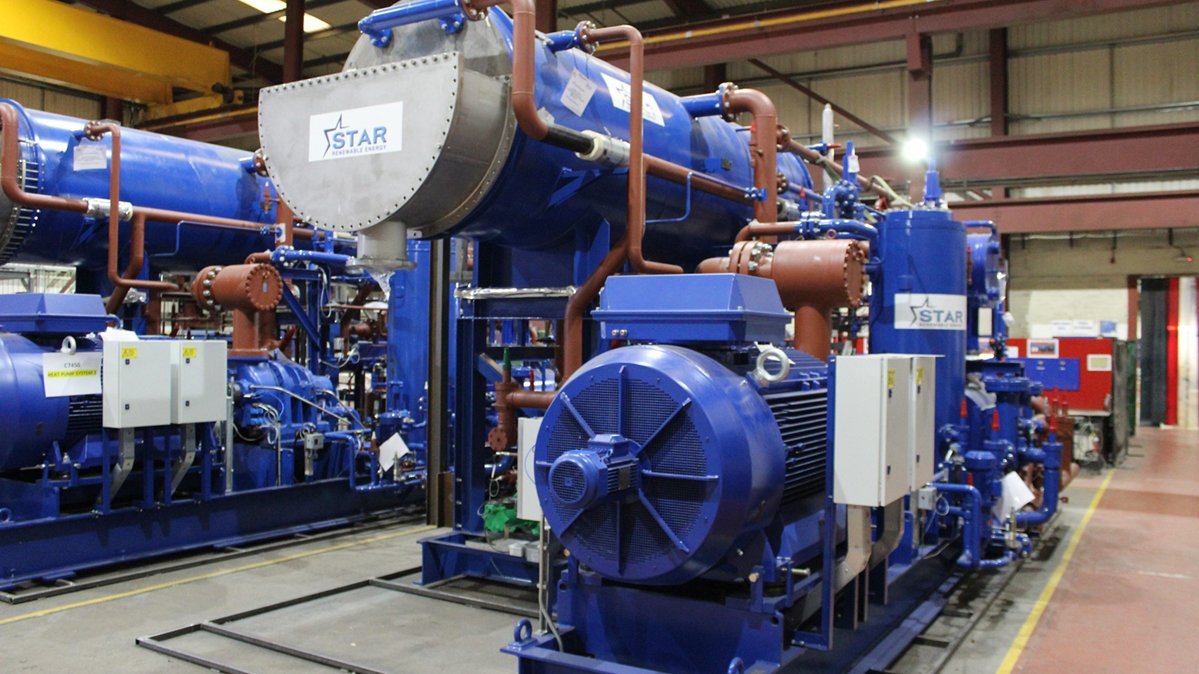Finding any means at all to lower reliance on traditional fuel sources, and anyway too, which can see the likes of heating and electricity passed on to the community can benefit any business in the long-term.
Businesses, whether they mean to or not, are some of the biggest consumers of energy. Think about an office building where computers, lights, and electronic goods are left on overnight. Add on to that the need for heating and hot water, and usage can quickly build up without much notice.
One way businesses, especially when moving into new premises, can see their reliance on traditional methods for electric and heating go down, is through the use of natural working fluid heat pumps. These almost magical pieces of kit do an incredible job of helping source heat and energy miraculously. Let’s look at some of the reasons why heatpumps are becoming more desirable, even if the set-up cost is slightly more expensive.
Heatpumps are a closed system
Every time you flick a switch to turn on a light or plug in a computer, that small action requires energy to be produced. We tend not to think much of where that journey starts, but most of us will get energy from traditional sources that need to burn fuel. It’d be safe to say that if your phone gave notification of where your electricity is coming from every time you go to use something, you might have second thoughts.
Such problems don’t happen when heat pumps are used. Heat pumps are a closed/ looped system. In the simplest way of describing how it works, a network of pipes filled with cold water and natural chemicals sits in the ground. As the ground naturally emits thermal energy, that water heats up and moves through the pipes, before getting compressed. Compression provides pressure which can then be used to create energy and heat. As the system uses that pressure, water cools and moves through the system again. Compare that to energy sourced from coal, where a fuel is burned and chemicals produced as a by-product.
They make businesses environmentally friendly
It used to be that a business which was described as “environmentally friendly” used it as a buzzword or a feather in the cap. Nowadays, it is expected that a business is trying its best, or at least ensuring it is friendly. Given that heatpumps will literally rely on just the heat emitted from the ground, it is using an entirely renewable source for energy production.
When businesses have to adhere to tighter regulations on environmental standards, pumps like these are a no-brainer. And when they’re in a position to pass energy back into the local area, even better.
They work to scale
You install a gas burner in a building, and you know there’s a maximum level of energy it will use and produce, without being able to work to scale. Modern heatpumps are built with “multiple modules offering a practically limitless capacity” (information from Star Refrigeration), allowing a business to effortlessly crank up reliance in winter for heating without needing to think about getting oil or gas in.
Heatpumps, in some cases, can also work in reverse too. So, instead of having a dedicated AC system installed, flipping how heatpumps operate can see them become “cool pumps”, although that isn’t an official term.
They’re cheaper in the long-term
Many businesses get put off the idea of installing these systems because they have a higher upfront price compared to installing a new gas or coal boiler. This should be viewed as a very short-sighted approach.
While heatpump systems can cost, on average, £30,000 to install, their cost per year is minimal and will see long-term savings in place.
Their efficiency is just next level
Imagine if an employee came in one and day and was able to be 300% efficient in their work? Or what if the entire staff was up to 600% more efficient on the whole? That’s what a pump-based system can do. Going back to the fact they’re closed systems, you do not see any loss throughout the heat journey, and effective compression gives you a three to six-fold improvement.
Interest peaked in learning about new business tech?
Read more articles on topics like this by visiting the tech section of the blog.





